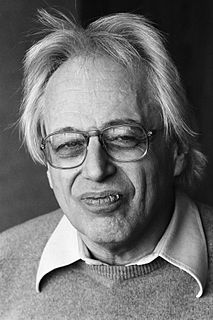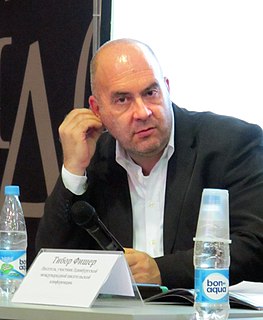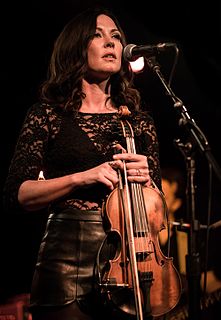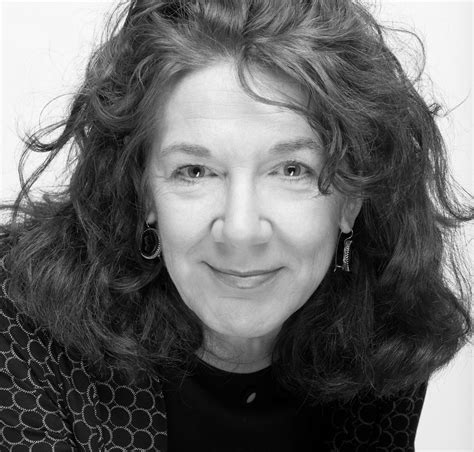A Quote by Gyorgy Ligeti
There is a wonderful Hungarian literature, especially in lyric poetry.
Quote Topics
Related Quotes
One of my proudest achievements is that when an authoritative book about Hungarian literature came out about a decade ago, there was a little article about me which said I was a Hungarian writer but pretending not to be. Bearing in mind I can hardly write a cheque in Hungarian, I was delighted to be included in the pantheon of Hungarian writers.
Poetry of all the forms of literature I think is the most suited for the digital age and for the shorter attention spans and all of that. It Twitters very easily, some lyric poems and it's very easy to zip a poem to someone, so that's one of the things I think is wonderful about poetry in the digital age.
Speaking of people I had to exclude: Hank Williams. which is to say, songs are part of lyric poetry in my book, my thinking. In fact they are the urgent element of poetry in our time, they carry the most emotion for the most people in our culture. everyone LOVES poetry, because we all love (one form or another) of rock and roll (be it folk to emo to rap). It's all rock and roll and all lyric poetry.
It has become increasingly clear that Hungarian authorities are encouraging the whitewashing of tragic and criminal episodes in Hungary's past, namely the wartime Hungarian governments' involvement in the deportation and murder of hundreds of thousands of its Jewish citizens. I found it outrageous that the Speaker of the Hungarian National Assembly could participate in a ceremony honoring a Hungarian fascist ideologue
No one can threaten poetry. It's always been there, always will be. Humans need it to live: it has sustaining powers. How could we (anyone) get through adolescence without some form of song? Song is only a version of lyric poetry that is carried more by melody than by internal coherence and unity. but lyric and song - they are the same.
I didn't ever consider poetry the province exclusively of English and American literature and I discovered a great amount in reading Polish poetry and other Eastern European poetry and reading Russian poetry and reading Latin American and Spanish poetry and I've always found models in those other poetries of poets who could help me on my path.






































